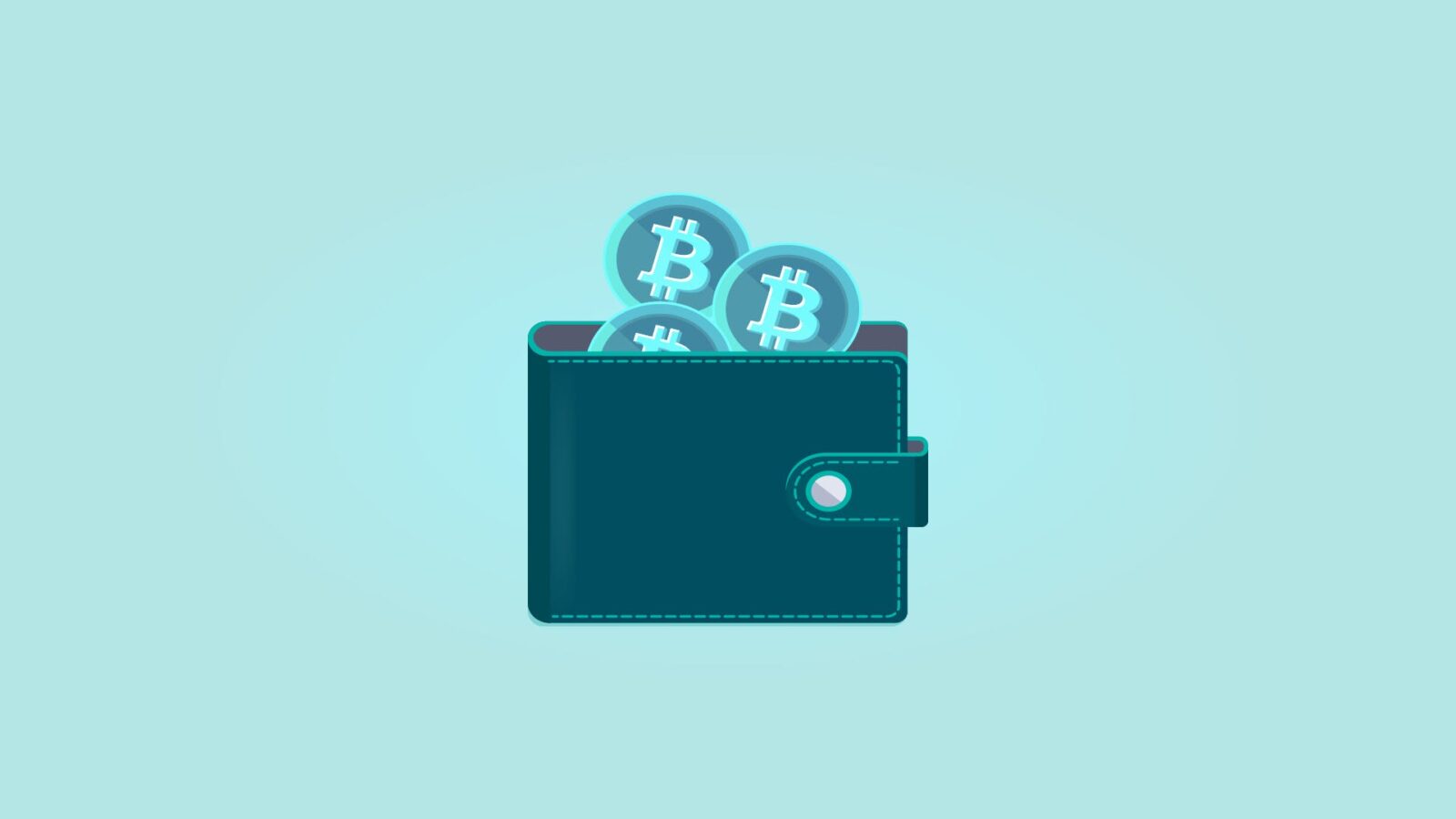Cryptocurrency or crypto is a digital currency used to buy products and services or trade to make a profit. Different companies have issued their own cryptocurrencies, frequently called “tokens,” and these can be used specifically for the products and services offered by that company. We have to exchange traditional currency for cryptocurrency to access goods.
Many consider cryptocurrency as a great investment because it simplifies transactions and asset transfers, holds ownership, and gives access to credit. To start investing or using crypto, we need to buy this currency first, either using US dollars or another type of cryptocurrency. Bitcoin, for example, requires US dollars.
We’ll need a “wallet” to buy and store cryptocurrency. In cryptocurrency, wallets are online apps that can hold our currency. There are many types of wallets for us to use when starting off with crypto, but some of the most common ones are listed below.
1. Coinbase
Coinbase is one type of crypto wallet that allows us to purchase, sell, transfer, and store all sorts of digital currency. This platform is available in more than 100 countries and is known to securely store a wide variety of digital assets in offline storage.
Using Coinbase as our wallet will enable us to buy and sell any digital currency, track all of our transactions in all places, and schedule our currency trading on a daily, weekly, or monthly basis. This wallet also provides an app to Apple and Android devices and stores our funds in a vault for optimum security.
2. PointPay Banking Wallet
PointPay is slowly gaining popularity among individuals who want to start using and trading crypto because it enables users to store more than ten cryptocurrencies and earn daily deposits of cryptocurrency. PointPay is the first wallet in the world to offer such a service.
Some of the unique features we can enjoy when we use PointPay are the ability to take out instant crypto loans and easily buy and sell cryptocurrencies using our credit and debit cards, Apple Pay, and bank transfers. Buying PointPay tokens (PXP) also allows us to receive a higher interest rate from our deposits.
3. Binance Chain or BNB
Binance is considered one of the best wallets to use when transacting using Bitcoin and allows us to trade with more than 150 cryptocurrencies. This wallet uses an API or Application Programming Interface, which means that we can easily integrate this wallet into any of our currency trading applications.
Binance offers a wide range of tools, making it easier for us to trade online in Blockchain. Binance is also one of the safest wallets to support cryptocurrencies and provides 24/7 customer service. This wallet is compatible with various Apple and Android devices as well as different types of computers.
4. Trezor
Trezor is a type of hardware wallet that safely and securely stores our cryptocurrency. We can easily plug this wallet into our smartphone or computer and use the randomly generated pin codes it creates to keep our assets safe.
Some noteworthy features of Trezor include ultra-secure offline storage and an easy-to-use touchscreen. Trezor supports more than 1,000 cryptocurrencies and can be used on computers with Windows, Linux, or MAC operating systems.
5. BlockFi
BlockFi is a secured trading platform that enables us to buy, sell, and trade a wide variety of cryptocurrencies conveniently. This wallet doesn’t require a minimum balance for access.
Moreover, BlockFi is an excellent crypto wallet because it allows us to trade without any hidden fees and makes it very easy for us to open an account. This wallet is also accessible on all Apple and Android devices and rewards us with $250 of free Bitcoin when we sign up and use a BlockFi Interest Account to transfer crypto.
Choose Wisely
Before using cryptocurrency, it’s best to learn more about the different wallets and their pros and cons first. Choosing the right wallet is important because it serves as the digital fortress that protects and secures our investments, and its exchange mechanisms influence how we trade crypto in the future.






Leave a Reply